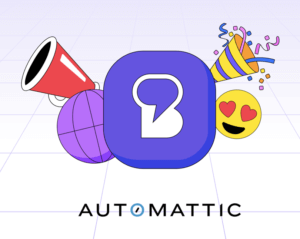![]() Google will begin removing links to California news websites from search engines for some Californians in response to a bill that would require online ad companies to pay a fee for connecting state residents to news sources, CNBC reported.
Google will begin removing links to California news websites from search engines for some Californians in response to a bill that would require online ad companies to pay a fee for connecting state residents to news sources, CNBC reported.
In a blog post on Friday announcing the “short-term test,” Jaffer Zaidi, Google’s vice president of global news partnership, said the bill, called the California Journalism Preservation Act, represents “the wrong approach to supporting journalism” and “would create a level of business uncertainty that no company would accept.”
The bill was introduced last year and remains pending in the state legislature.
The recent developments have upended many online publishers that count on Facebook and Google for traffic and are particularly painful for publications that rely on advertising revenue.
Jaffer Zaidi, VP of Global News Partnerships, posted information on The Keyword. Here are some key points:
A pending bill in the California state legislature, the California Journalism Preservation Act (CJPA) would create a “link tax” that would require Google to pay for simply connecting Californians to news articles. We have long said that this is the wrong approach to supporting journalism. If passed, CJPA may result in significant changes to the services we can offer Californians and the traffic we can provide to California publishers…
…To be clear, we believe CJPA undermines news in California. We don’t take these decisions lightly and want to be transparent with California publishers, lawmakers, and our users. To avoid an outcome where all parties lose and the California news industry is left worse off, we urge lawmakers to take a different approach…
Gizmodo reported Google began blocking access to California news outlets for some users in the state, according to an announcement from the tech giant on Friday. And it’s all because Google is upset about proposed legislation that would force the company to pay some publishers for their content, something it’s calling a “link tax.”
Known as the California Journalism Preservation Act (CJPA) the bill has passed Californias lower house, known as the Assembly, but still needs to be taken up by the state Senate and signed by Governor Gavin Newsom to become law. Newson hasn’t come out with an opinion on the legislation yet.
And while it’s certainly true that Google helps people find news stories, the problem is that much of the advertising money has gone to Big Tech platforms like Google and Facebook rather than the publishers who create the news content. That’s what this bill is trying to remedy in some way, forcing Google to pay publishers.
As a Californian, if CJPA passes and is signed into law, it likely won’t harm Californians. Google is not the only source of news online. DuckDuckGo, Mozilla’s Firefox, and Microsoft Edge can all be useful.


 Apple sent threat notifications to iPhone users in 92 countries on Wednesday, warning them that they may have been targeted by mercenary spyware attacks,
Apple sent threat notifications to iPhone users in 92 countries on Wednesday, warning them that they may have been targeted by mercenary spyware attacks, Billboard
Billboard Messaging today is a mess,
Messaging today is a mess,  Spotify
Spotify